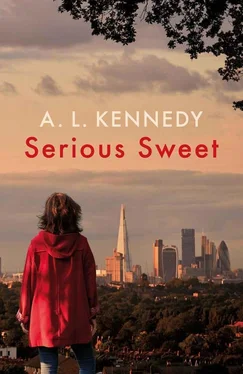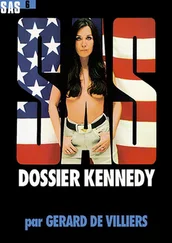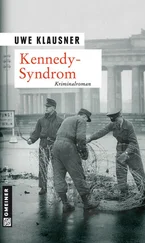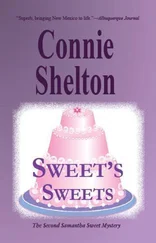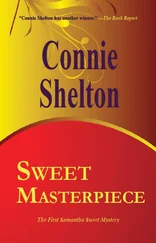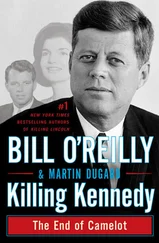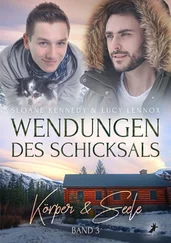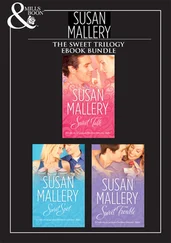You would understand it better if you could kiss him.
Jon had partly mumbled, ‘I’d hoped you had. Said something. I have, um …’ The corner of his mouth uneasy. ‘I have run out of …’
And you realise that you should know what to say by now and say it, because otherwise you’re no use at all and you want — this is what you want — to finally be of some fucking use. Writing to Mr August was supposed to make you different and ready for anything — for his anything.
Because you can think of nothing else, you try, ‘Look, tell me about where you were born — not Corwynn August, where was Jon born? You tell me that and then I’ll do the same — about me — and that’ll mean we have a plan and we can manage and I don’t want dessert, but I can’t be doing with any more of this bloody … the meal thing — pappardelle …’ This sounded like somebody else, but at least someone practical. ‘And your lunch is making you unhappy. Well, isn’t it?’
His voice is tiny when it answers, ‘Yes.’ The schoolroom expression, and he sits up straight and says, ‘Linguine — it means little tongues , which you wouldn’t … Pappardelle doesn’t mean anything much. They have all sorts of names for the shapes, even calamaretti — little squids , would you believe.’ And now he’s recited his homework, ‘I’m finished. With it. Them.’
‘We can have cappuccinos. That’s … If you don’t mind …’
He’d stared at her then, as if she were a startling headline, a peculiar animal, and she’d wanted to howl — perhaps — at him, or herself, or the waitress with the condescending manners, which was no manners at all. ‘I do better with a plan. Birthplace, school, first job, favourite colour. You start. Tell me.’
And his amazement continues, but gently colours with happiness. The man who takes orders all day grins at you — here’s someone who intends to be fastidious when he gives you all his answers for your test. ‘I don’t know my favourite colour. I mean …’
‘Then we’ll skip that.’
‘No, that’s great, yes. A plan. We’ll always have a plan. That’s what we should do. Agree a plan beforehand. Yes.’ An effort towards gladness creeping out over him. ‘I was … I was born in Nairn — well, Inverness and then they took me back to Nairn, to an area called Fishertown, which is fishermen’s cottages and some slightly bigger places, Edwardian what they call villas, if the they happens to be estate agents. Villa would be a bit much. It’s all very upgraded and extended these days … Which is … for the local economy … that is … My dad wasn’t a fisherman. Neither was Mum. They did all right. But not that.’
‘You don’t sound Scottish.’
‘It was removed — the sound. Fashionable procedure. Like docking a dog’s tail, or lopping its ears to do it good. No, it was my choice. I wanted to prosper and back then an accent adjustment helped. Still would, I’d imagine.’
‘I was sent away to school — birthplace and then school is what I’m providing at the moment, you will note. At the time, one wanted — one’s parents wanted their child to collect educational achievements … I first attended the little session school in Fishertown, but after that I showed an unfortunate amount of promise and so I was scholarshipped off down south. It was a shame, because the Ballerina Ballroom in the High Street had some great gigs while I was away, just when I would have loved them. The Who played there, can you imagine? And Cream. Eric Clapton in Nairn. When I was twelve, thirteen, something like that. The Beatles were in Elgin earlier, I seem to remember. I wouldn’t have bothered with them, even if I’d been able — all dressing alike, it wasn’t cool. It’s only almost cool if you’re from Detroit … I saw Clapton, that gig, because it was in the holidays. I sneaked in. Keen. Decisive. Or something like that. Mainly I was just tall for my age.’ He shrugged his shoulders as if he had just set down a pair of heavy cases and was feeling himself to be unencumbered. ‘There you are — what I grew up with — seafront teas and provincial devotees of rhythm and blues with an option on rock and roll. You can shake off the sand and the accent, but not the R and B.’ And his first proper grin emerged and stayed.
It wasn’t so bad after that, our not-really-lunch. It was lovely.
It was the two of them drinking four coffees each and pretending the stuff tasted nicer than it did as a justification.
And Jon’s mouth was flavoured with coffee and not wine and with his speaking, with his voice.
That’s what I found out.
They had kissed at the table once, Meg shivering for a moment when they stopped. Then Jon had handled the bill like a man who handles bills and had taken her hand, as if he was picking up an apple, an egg, lifting up something breakable, but not broken, leading her outside.
Standing in the freedom of Shepherd Market, Meg had felt herself shy without the observing unpleasantness of the waitress to act as chaperone. On a wintery late afternoon it was dark, of course — they weren’t so terribly exposed. And she’d needed a solution to the cold. Even a cautious person finally might decide that she had to be rid of the so much, too much cold it seemed she always had to deal with.
And Jon had cleared his throat, but not spoken, only raised her hand and placed his lips against each of her knuckles — hello, hello, hello, hello — finding out the details with his mouth.
So that’s how that would be, that’s how he does that, investigates.
And it was all right after that to hold on fast to each other and to have the flex and tuck of his breath pressed against her own. And it was all right to listen while he said, ‘The shop’s shut — where I collect your letters.’ She could feel the thrum of his words happening inside him, while he spoke. This was the touch and the sound of his voice. ‘Meg, I appreciate your … what you’ve …’ His arms had drawn in with a tremor and then relaxed slightly. ‘I would write, but I can’t, so I have to say while you’re here, because writing would be nonsensical and I am nonsensical, but not that much … I’ll say that I want you to go home and have a lovely evening and when you go to, when you sleep … I want when you sleep, I would like you to dream the best and finest and sweetest and feel well and be well and be happy and wake up happy. I would like you to wake up happy.’ She felt him press his face to the crown of her head. ‘I’ll tell you later. At midnight — how much I would like that.’ And then he stepped back and peered at her, while there was a dim noise from the pub at the corner, a dither of feet.
Meg had nothing to say and wished she did and wished so much that she did, but she could only stand on tiptoe to kiss his forehead as if this might be what they always did. She was hoping to calm what was inside. It seemed necessary.
And he liked it. I saw how he looks when something happens that he likes.
She had held on to his hand afterwards while the seconds shone and darted and this part of their life was right here and clean and lovely.
She had wished the time could be longer and deeper and more.
I’m greedy — a greedy drunk.
And he’d sent her the midnight text and begun that habit — their wishes sculling out across those few miles between them, regular like clockwork, regular like safety and all safe things everywhere — from home to home and room to room and pillow to pillow. Every night.
He might be greedy, too.
It is the late afternoon on a spring day. An assortment of children are climbing a tall street that leads to a park. They have formed a chain, one following the next, their arms pistoning forwards, or their hands resting on each other’s hips. As they jog upwards and upwards they make the noises of steam engines — trains in a time from before they were born. People in their gardens pause to watch them and the children are aware of being important and delighted and an event.
Читать дальше
